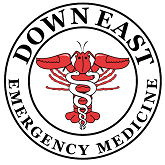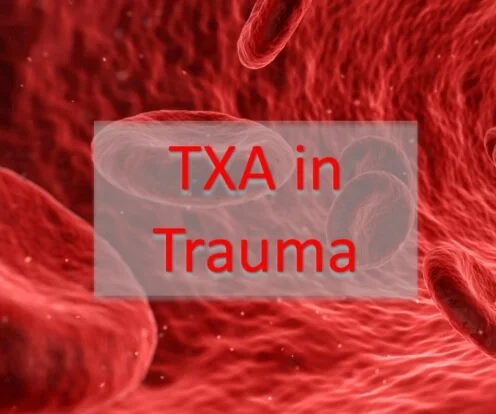Journal Club - Physician Depression and Suicide
/Suicide is disturbingly prevalent among patients we care for in the Emergency Department. It is unfortunately also common among physicians. Most estimates suggest that approximately 400 physicians die by suicide annually. Physicians also have a higher rate of suicide than the general population. Male physicians have a 40% increased risk of suicide compared to their age-matched peers and female physicians have a 130% increased risk. We chose this topic for Journal Club with the goals to raise awareness around these shocking statistics, discuss etiologies behind these high rates of suicide and to normalize the discussion around physician mental health.
Read More



















